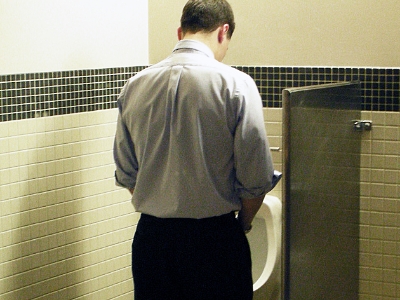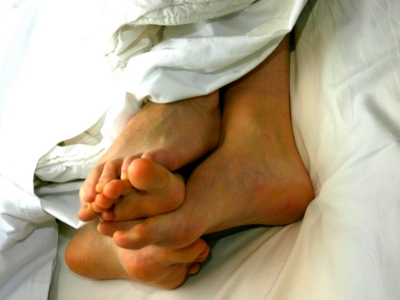Dysuria: Symptoms, Causes, and Treatment

Dysuria refers to pain when you urinate. Individuals with dysuria usually describe it as a burning sensation. It can affect anyone of any age, but it is most common in women. Treatment for dysuria depends on the underlying cause. If a bacterial infection causes dysuria, antibiotics are usually prescribed.
What is Dysuria?

Dysuria is pain or discomfort when you urinate. It isn’t about how often you go, though urinary frequency often happens together with dysuria. Dysuria is not a diagnosis. It’s a sign or symptom of an underlying health problem.
Men and women of any age can experience painful urination. It’s more common in women. Urinary tract infections (UTIs) are commonly associated with dysuria. UTIs occur in more women than men.
Other people at a higher risk of dysuria include:
- Pregnant women
- Men and women with diabetes
- Men and women with any disease of the bladder
Signs and Symptoms of Dysuria
Symptoms of painful urination can vary between men and women, but both genders usually describe it as a burning, stinging, or itching. Burning is the most commonly reported symptom.
Pain can occur at the start of urination or after urination. Pain at the start of urination is often a symptom of a urinary tract infection. Pain after urination can be a sign of a problem with the bladder or prostate. In men, pain can also remain in your penis before and after urination.
Symptoms in women can be internal or external. Pain outside your vaginal area may be caused by inflammation or irritation of this sensitive skin. Internal pain can be a symptom of a urinary tract infection.
Dysuria is a symptom. It causes a burning sensation, pain, and discomfort. You will likely contact your healthcare provider because this symptom is uncomfortable. It’s essential to see your provider determine if your symptom relates to a urinary tract infection or another medical cause. In any case, the sooner you see your provider, the sooner a diagnosis can be made and treatment can be started.
What Causes Dysuria?
There are many causes of dysuria. Also, know that doctors can’t always identify the cause.
WOMEN: Painful urination for women can be the result of:

- Bladder infection (cystitis)
- Vaginal infection
- Urinary tract infection
- Endometritis and other causes outside the urinary tract, including diverticulosis and diverticulitis
- Inflammation of the bladder or urethra (urethritis)
- Sexual intercourse, douches, soaps, scented toilet paper, contraceptive sponges, or spermicides may also cause inflammation.
MEN: Painful urination for men may be the result of:
- Urinary tract infections and other infections outside the urinary tract include diverticulosis and diverticulitis.
- Prostate disease
- Cancer
Treatment, Management, and Prevention of Dysuria
Treatment for dysuria depends on the cause of your pain/burning sensation. The first step in your treatment is to determine if infection, inflammation, dietary factors, or a problem with your bladder or prostate causes your painful urination.
- Urinary tract infections are most commonly treated with antibiotics. If your pain is severe, you may be prescribed phenazopyridine. Note: this medication turns your urine red-orange and stains undergarments.
- Inflammation caused by irritation to the skin is usually treated by avoiding the cause of the irritant.
- Dysuria caused by an underlying bladder or prostate condition is treated by addressing the underlying condition.
You can take several steps to reduce the discomfort of painful urination, including drinking more water or taking an over-the-counter aid to treat painful urination. Other treatments need prescription medications. If you have frequent urinary tract infections, your provider can help find the cause.
Recommended medication:
- Famciclovir – Famciclovir is in a class of medications called antivirals. It works by stopping the spread of the herpes virus in the body. Famciclovir does not cure herpes infections and may not stop the spread of the herpes virus to other people. However, it may decrease the symptoms of pain, burning, tingling, tenderness, and itching. It also help sores to heal and prevent new sores from forming.



